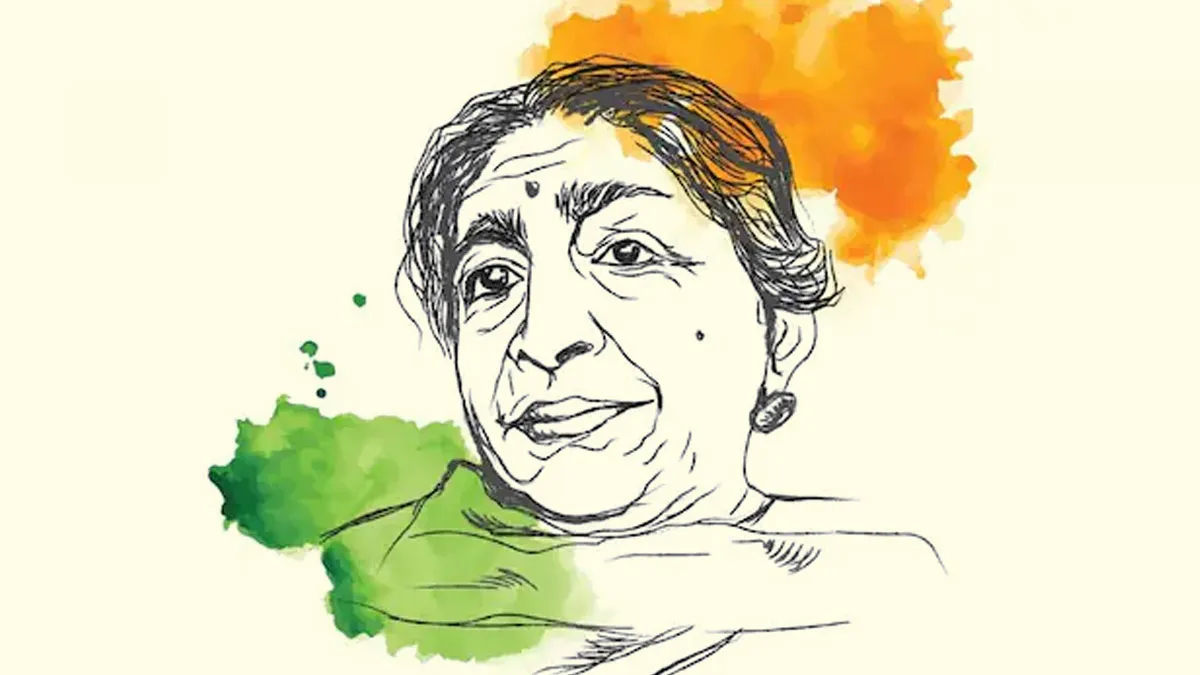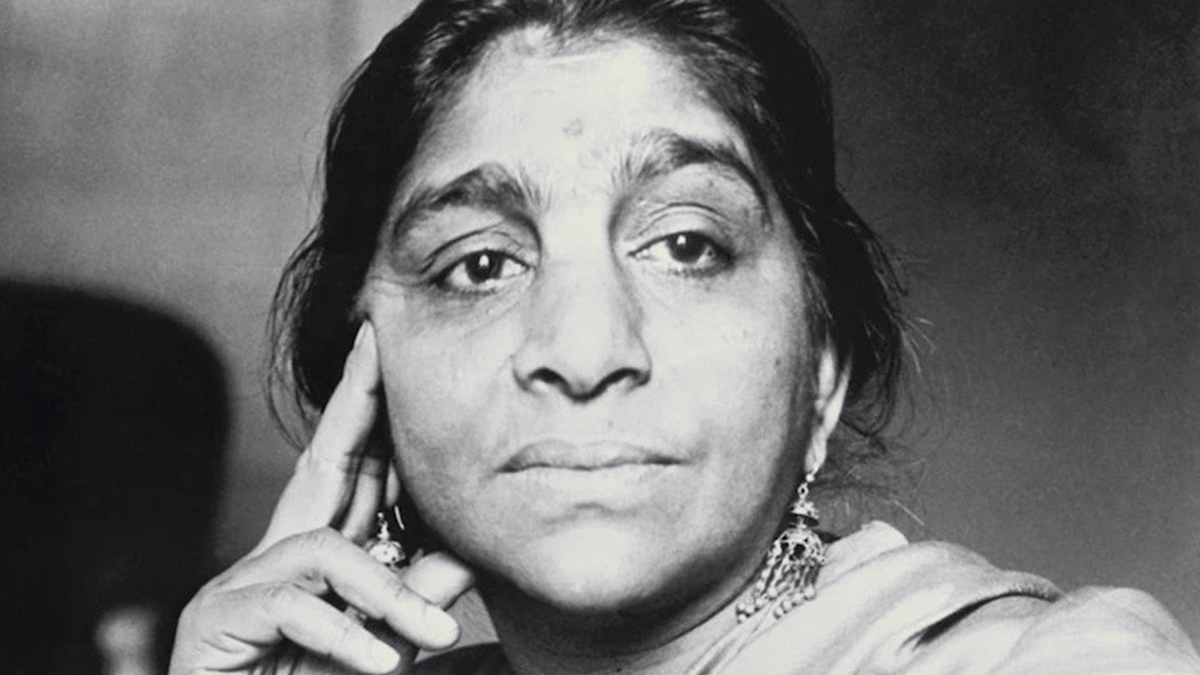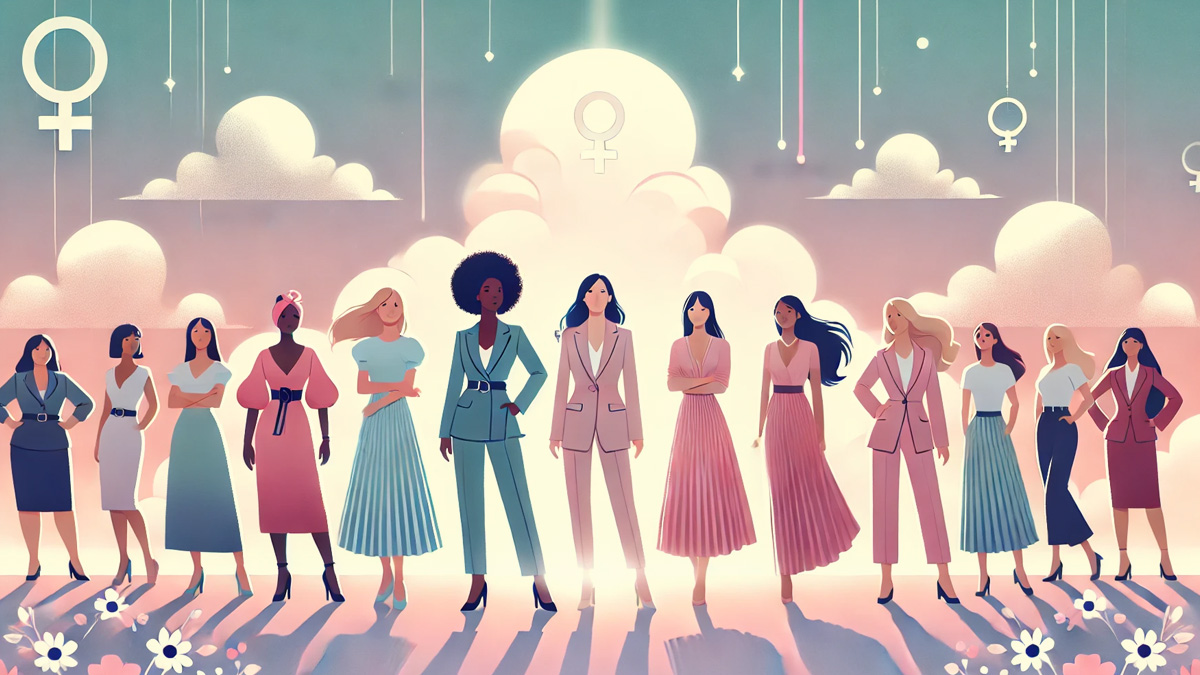
India observes National Women’s Day every year on February 13 in honor of Sarojini Naidu, a pioneering leader in the fight for India’s independence and a staunch advocate for women’s rights. This day serves as a powerful reminder of the ongoing struggles for gender equality and the need for empowering women in all walks of life.
Table of Content:-
Remembering Sarojini Naidu: The Nightingale of India
Born on February 13, 1879, Sarojini Naidu was not only a celebrated poet but also an influential activist and politician. Her contributions to India’s freedom struggle were monumental, as she played a crucial role in key movements such as the Civil Disobedience Movement and the Quit India Movement.

Naidu was a vocal supporter of women's education, political participation, and equal rights. Her relentless advocacy paved the way for greater representation of women in various fields. In 1947, she became the first woman Governor of the United Provinces (now Uttar Pradesh), further breaking barriers for women in leadership roles. She also championed causes like widow remarriage, equal pay, and the abolition of child marriage.
Also Read: Tamil Nadu Launches Statewide Leprosy Detection Drive To Curb Rising Cases
The Significance of National Women's Day
National Women’s Day is more than just a tribute to Sarojini Naidu—it is a celebration of the achievements of Indian women and a call for continued progress in gender equality. This day brings attention to key issues such as women's education, economic participation, leadership, and political representation. It emphasises the importance of providing equal opportunities for women to thrive in all aspects of life, from governance to entrepreneurship and science.
The day also aligns with broader efforts toward women’s empowerment, reinforcing the message that gender equality is fundamental to national development. Various initiatives and programs are highlighted on this occasion to inspire and motivate young women to break societal barriers.

Milestones in Women’s Rights in India
India has witnessed several landmark achievements in the movement for women’s rights. Some of the most notable milestones include:
- 1917: The Women’s Indian Association demanded voting rights for women, a significant step in political empowerment.
- 1947: India’s independence led to women gaining equal voting rights.
- 1956: The Hindu Succession Act was enacted, granting women equal inheritance rights.
- 1992: The 73rd and 74th Constitutional Amendments reserved 33% of seats in local governance for women.
- 2023: The Women’s Reservation Bill was passed, ensuring 33% reservation of seats for women in the Lok Sabha and state legislatures.
Each of these milestones marks a significant stride toward gender equality, though challenges remain in fully achieving equitable representation in various sectors.

How National Women’s Day is Celebrated
National Women’s Day is observed with a variety of programs and activities across India. Government bodies, educational institutions, corporate organizations, and non-profits come together to celebrate the contributions of women in different fields. Common ways of celebrating include:
Also Read: Sickle Cell Disease Surges In Rajasthan’s Tribal Districts, Over 10,000 Affected: Report
- Educational Programs: Schools and universities conduct seminars, debates, and discussions on women's rights and empowerment.
- Cultural Events: Poetry readings, plays, and exhibitions showcase the life and work of Sarojini Naidu and other influential women.
- Workshops and Awareness Campaigns: NGOs and social organizations host workshops on gender equality, leadership training, and financial independence for women.
- Honouring Women Achievers: Various awards and recognitions are given to women who have made remarkable contributions to society.
Bottomline
National Women’s Day is not just a celebration but also a moment of reflection on the progress made and the challenges that remain in achieving true gender equality. Sarojini Naidu’s legacy continues to inspire millions, and this day serves as a catalyst for further advancing women's rights in India. As we observe National Women’s Day in 2025, it is essential to reaffirm our commitment to creating a more inclusive and equal society for future generations.
How we keep this article up to date:
We work with experts and keep a close eye on the latest in health and wellness. Whenever there is a new research or helpful information, we update our articles with accurate and useful advice.
Current Version